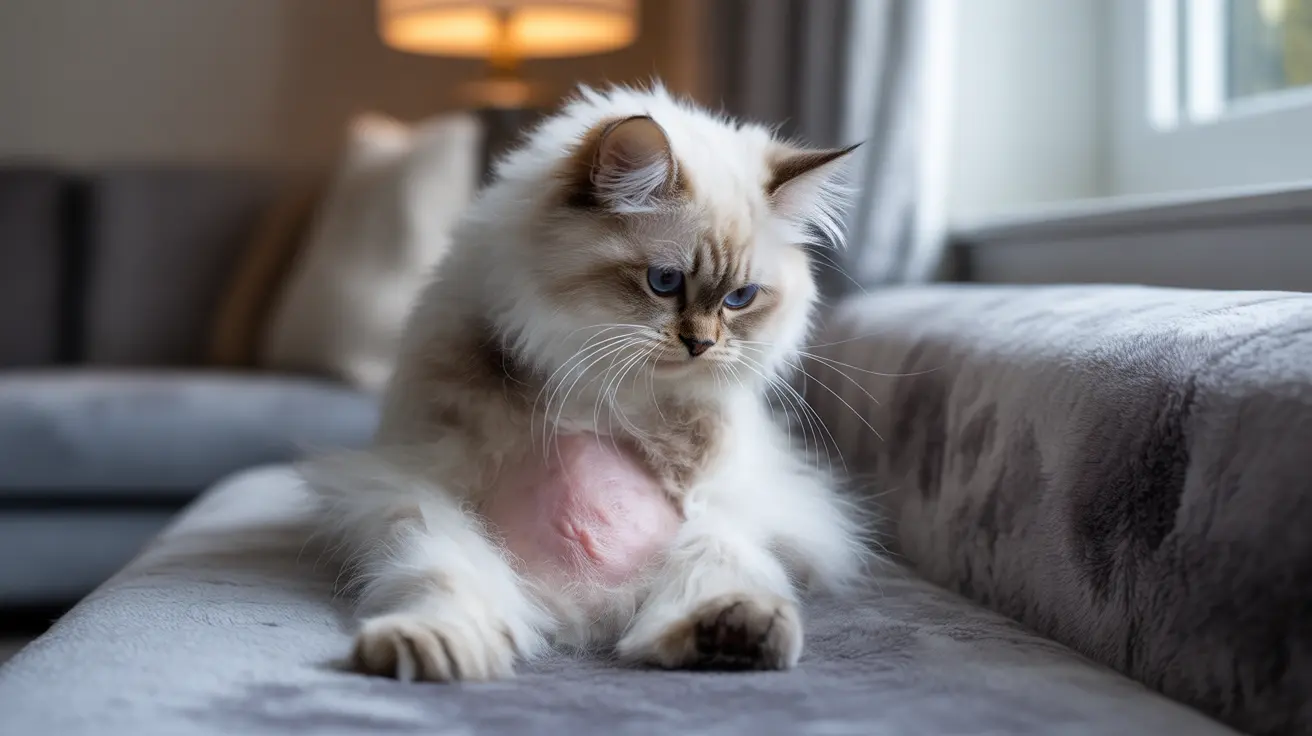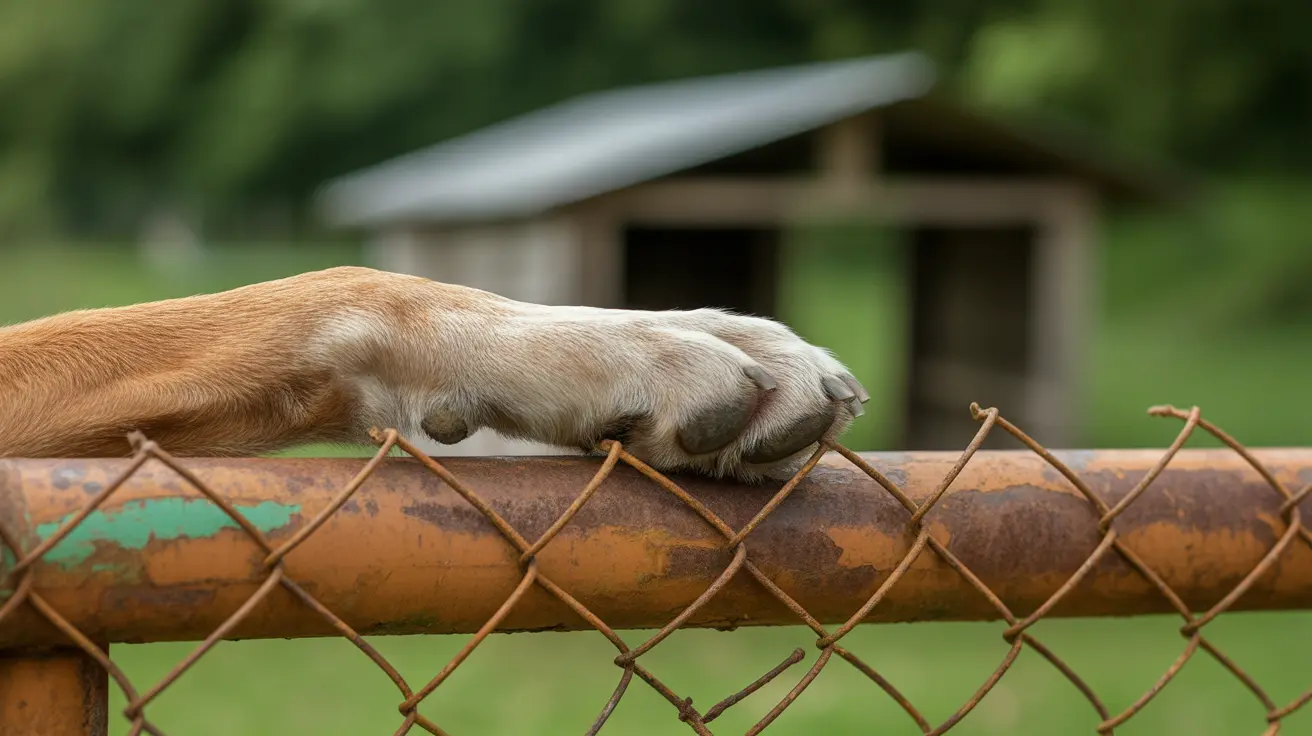Discovering bald patches on your cat's belly can be concerning for any pet owner. While cats naturally groom themselves frequently, excessive hair loss on the belly area often signals an underlying issue that requires attention. Understanding the various causes and available treatments can help you provide the best care for your feline friend.
From medical conditions to behavioral issues, belly hair loss in cats can stem from multiple sources. Let's explore the most common causes, signs to watch for, and effective treatment options to help restore your cat's healthy coat.
Common Causes of Feline Belly Hair Loss
Medical Conditions
Several health issues can trigger hair loss on your cat's belly area. Allergies, particularly flea allergy dermatitis, are among the most frequent causes. Even a single flea bite can provoke intense itching, leading to excessive grooming and subsequent hair loss. Other medical conditions include hormonal imbalances, such as hyperthyroidism, and skin infections caused by bacteria or fungi.
Parasitic Infections
External parasites like fleas, mites, and ticks frequently cause hair loss in cats. These unwanted visitors create intense skin irritation, compelling cats to over-groom or scratch affected areas. Regular parasite prevention is essential for protecting your cat's coat and overall health.
Behavioral and Stress-Related Hair Loss
Cats often respond to stress or anxiety through excessive grooming, a condition known as psychogenic alopecia. Environmental changes, new pets in the household, or disruptions to their routine can trigger this behavior. The resulting hair loss typically appears symmetrical and often affects the belly area first.
Signs of Stress-Related Over-Grooming
- Increased time spent grooming
- Visible hair loss patterns
- Irritated or reddened skin
- Changes in eating or sleeping habits
- Increased vocalization or hiding behavior
Diagnosis and Treatment Options
If you notice your cat losing belly hair, schedule a veterinary examination to determine the underlying cause. Your vet will likely perform various tests, including skin scrapings, blood work, or allergy testing, depending on other symptoms present.
Treatment Approaches
Treatment varies based on the specific cause but may include:
- Antiparasitic medications for flea or mite infestations
- Antihistamines or steroids for allergic reactions
- Antifungal or antibiotic treatments for infections
- Anxiety medications or environmental modifications for stress-related causes
- Dietary changes to address food allergies or nutritional deficiencies
Prevention and Home Care
Maintaining your cat's healthy coat requires ongoing attention to prevention:
- Regular flea prevention treatment
- Routine grooming and skin checks
- Stress reduction through environmental enrichment
- High-quality diet rich in essential nutrients
- Clean living environment
- Regular veterinary check-ups
Frequently Asked Questions
Why is my cat losing hair specifically on its belly?
Cats commonly lose belly hair due to allergies, parasites, stress-related over-grooming, or medical conditions. The belly area is particularly vulnerable because it's easily accessible for grooming and often shows the first signs of systemic issues.
How can I tell if my cat's belly hair loss is due to fleas or allergies?
Look for signs like small black specks (flea dirt), excessive scratching, or red, irritated skin. Flea-related hair loss often concentrates around the base of the tail and belly, while allergic reactions may cause more widespread hair loss and skin inflammation.
What treatments are available for a cat losing belly hair from over-grooming or stress?
Treatment options include environmental enrichment, feline pheromone products, anti-anxiety medications, and behavior modification. Creating a calm environment and addressing stressors is crucial for long-term success.
When should I take my cat to the vet for hair loss on the belly?
Seek veterinary care if you notice sudden hair loss, accompanying skin irritation, behavioral changes, or if the condition persists for more than a few days. Early intervention typically leads to better outcomes.
Can a cat's diet affect hair loss on its belly, and what nutritional changes help?
Yes, diet can impact coat health. Ensure your cat's food contains adequate protein, essential fatty acids, and vitamins. Some cats may benefit from specialized diets or supplements, but always consult your veterinarian before making dietary changes.






